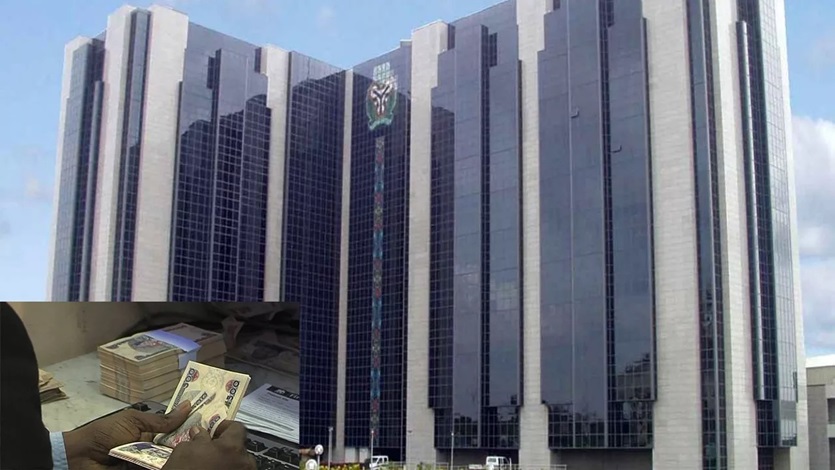Nigeria posted a $6.83bn balance of payments surplus in 2024, according to data released by the Central Bank, marking a decisive shift from consecutive deficits in the previous two years. The turnaround has been attributed to sustained macroeconomic reforms, improved trade performance, and renewed investor confidence.
The current and capital accounts jointly posted a $17.2bn surplus, driven by a sharp rise in gas and non-oil exports, and a notable drop in petroleum and other imports. Remittance inflows remained robust, with personal transfers reaching $20.9bn and international money transfer receipts climbing 43.5%.
Also Read: Full Text of Governor Zulum’s Statewide Broadcast Maiduguri Flooding.
According to the apex bank, portfolio investments more than doubled to $13.35bn, offsetting a decline in foreign direct investment, as external reserves rose to $40.19bn.
A significant reduction in net errors and omissions—down 79%—was also noted, pointing to better data quality.
The figures reflect the impact of the ongoing foreign exchange reforms and tighter monetary policy introduced to stabilise the naira and curb inflation.






Leave feedback about this
You must be logged in to post a comment.